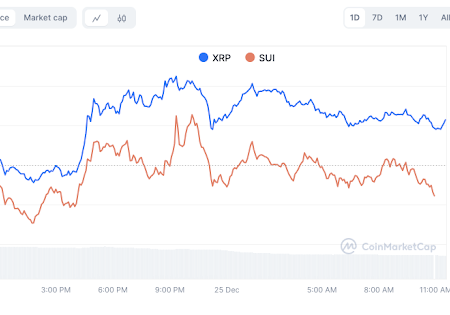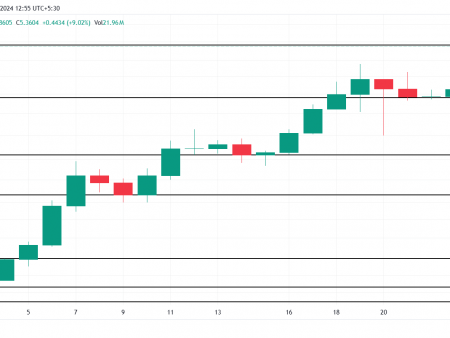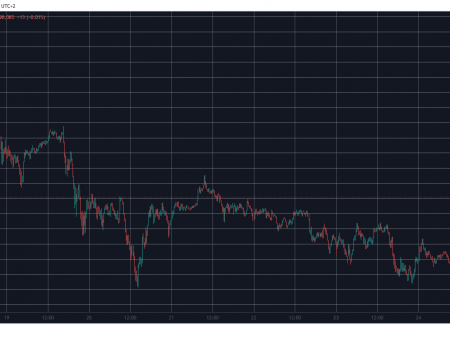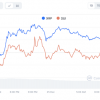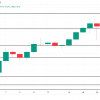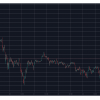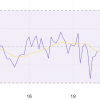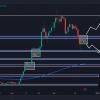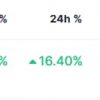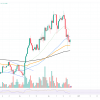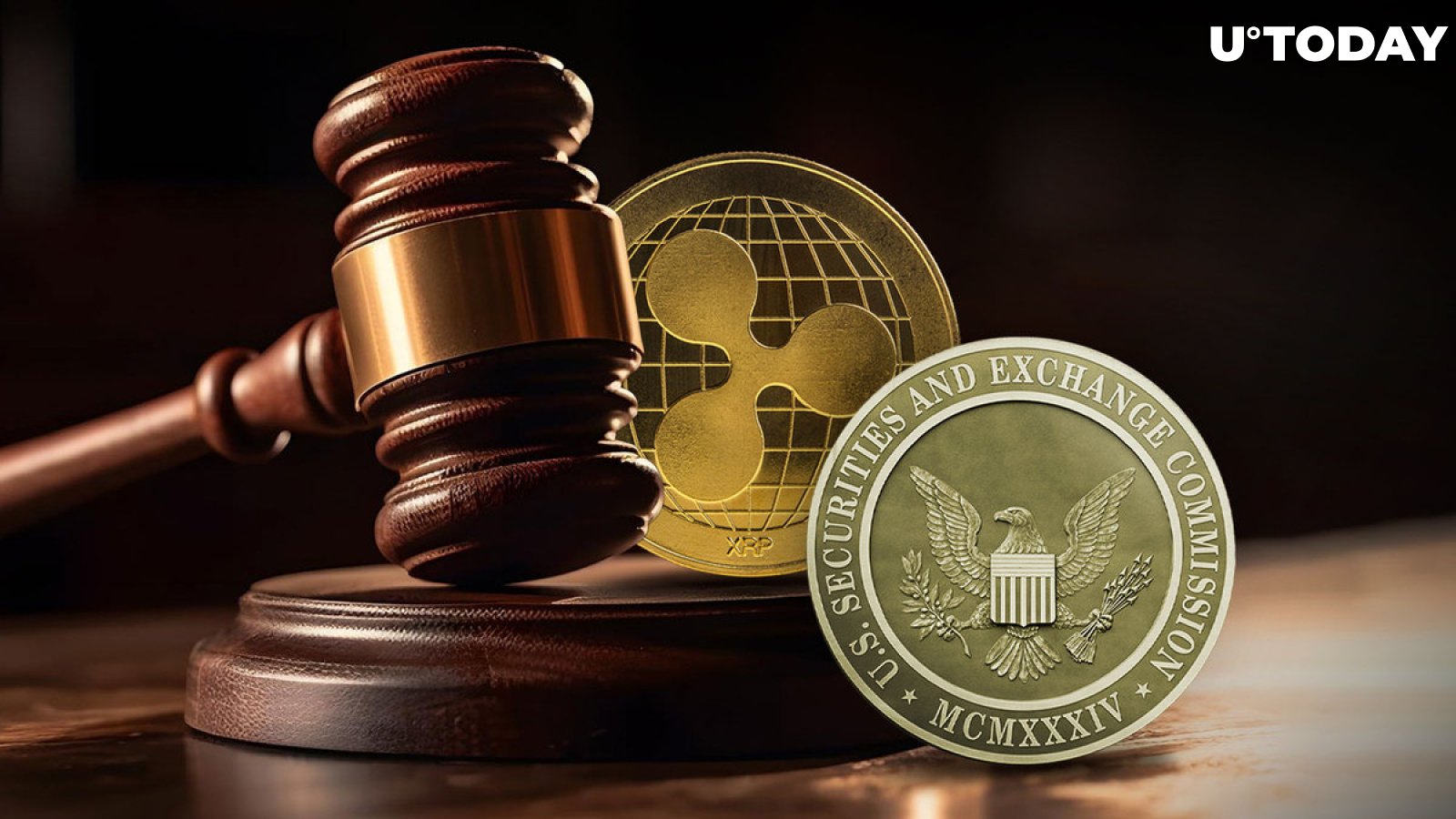
In the ongoing legal battle between Ripple Labs and the US Securities and Exchange Commission (SEC), a legal expert known as “MetaLawMan” on X has exposed major weaknesses in the SEC’s arguments, particularly regarding the alleged pecuniary damage suffered by XRP investors. .
In the ongoing legal battle between Ripple Labs and the US Securities and Exchange Commission (SEC), a legal expert known as “MetaLawMan” on X has exposed major weaknesses in the SEC’s arguments, particularly in regards to the alleged pecuniary damage suffered by XRP investors. .
Last July, the court ruled that XRP was not a security in itself, but rather that Ripple’s institutional sales of XRP were unregistered securities. The SEC has submitted its final response brief in the remedies phase and is now awaiting the judge’s decision.
The crux of the SEC’s issue revolves around the claim that Ripple’s actions have caused financial harm to investors. However, MetaLawMan’s analysis suggests that the SEC’s arguments may not hold up under scrutiny.
“SEC’s response brief adds nothing meaningful to the no-victim/no-refoulement argument,” MetaLawMan sayingalluding to a previous lawsuit, the case SEC v. Govil.
The SEC suffered a blow in the Govil lawsuit when the Second Circuit ruled that if a buyer suffers no financial loss, the SEC cannot seek repayment from the seller.
Instead, in its response brief in the remedies phase of Ripple’s lawsuit, the SEC relied on a district court case (SEC v. iFresh) that held that the “pecuniary damage” requirement is met when the price of a stock is artificially inflated.
The SEC reasons that any institutional buyer who received a smaller discount on XRP than others effectively paid an inflated price and therefore pecuniary damage. This broad interpretation appears to include any drop in the value of XRP, which is too broad and ignores the speculative nature of cryptocurrency investments, in which investors are well aware of the risks involved.
MetaLawMan views the iFresh decision as a misinterpretation of the Second Circuit’s decision in Govil on disgorgement. He also made an intriguing observation: iFresh’s decision was classified as “not for electronic or print publication.”
Although not currently the norm, citing a decision with a “not for publication” rating seems out of place because it is the weakest possible authority for anything, MetaLawMan commented.
While it is possible that Judge Torres will follow iFresh’s reasoning and determine that Ripple’s institutional investors suffered pecuniary damage, MetaLawMan believes the most likely scenario is the opposite.
